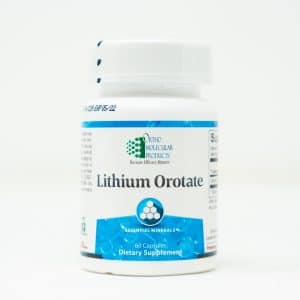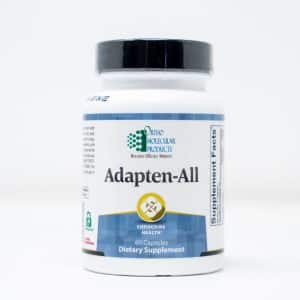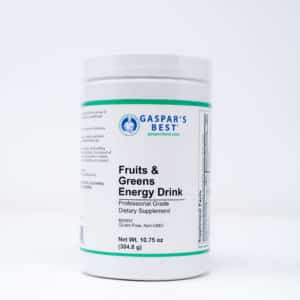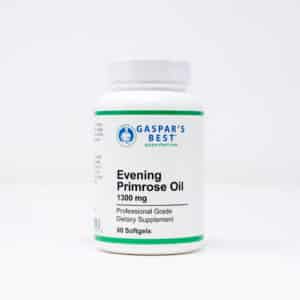Ashwagandha (Withania somnifera) is commonly known as “Indian Winter Cherry” or “Indian Ginseng.” It is one of the most important herbs of Ayurvedic medicine, the traditional system of medicine in India. Ashwagandha has been used as a rasayana (tonic) for a wide range of health benefits for over 6,000 years. A rasayana is an herbal preparation that promotes a youthful state of physical and mental health and expands happiness. These types of remedies are given to small children as tonics, and are also taken by the middle-aged and elderly to potentially increase longevity. Most of the raysayana herbs are adaptogenic/anti-stress agents. And among the ayurvedic rasayana herbs, ashwagandha holds the most important place.
Ashwagandha has been shown to possibly enhance the function of the brain and nervous system and improves the memory. It has been shown to improve the function of the reproductive system, promoting a healthy sexual and reproductive balance. Being a powerful adaptogen, ashwagandha enhances the body’s resilience to stress. Many of the biologically active chemical constituents of ashwagandha improve the body’s defense against disease by improving cell-mediated immunity. It also possesses potent antioxidant properties that help protect against cellular damage caused by free radicals. Ashwagandha is compared well with eleutherococcus senticosus (Siberian ginseng) and panax ginseng (Chinese/Korean ginseng) in its adaptogenic properties and is often referred to as Indian ginseng.
The extensive studies on the biological model of animals have demonstrated the adaptogeic/anti-stress properties of ashwagandha, and have also shown it to be effective in increasing stamina and preventing stress-induced gastric ulcers, carbon tetrachloride-induced hepatotoxicity and mortality. The results of early studies seem to indicate a role for ashwagandha as a vitalizer or rejuvenator for the prevention and treatment of many stress-induced diseases.
As an important Ayurvedic rasayana, ashwagandha belongs to a sub-group of rasayanas known as medhya rasayanas which are used to promote intellect and memory. The cognition promoting effect of medhya rasayanas is best seen in children with memory deficits.
It’s also seen when memory is compromised following a head injury or a prolonged illness or in old age. In patients with Alzheimer’s disease, neuritic atrophy and synaptic loss are considered the major causes of cognitive impairment. There are numerous studies which show that ashwagandha slows, stops, reverses or removes neuritic atrophy and synaptic loss. Therefore, ashwagandha could be a consideration for individuals concerned with neurodegenerative disease. Finally, given its low level of toxicity based on generations of usage in children, it is noted that ashwagandha may be effective not only by itself, but may have a potentiating effect when given in combination with other herbs or drugs.
This product contains NO dairy, wheat, gluten, soy, preservatives, artificial colors or flavors.
Download your FREE PDF product label by clicking here.
These statements have not been evaluated by the Food and Drug Administration. This product is not intended to diagnose, treat, cure, or prevent any disease.
| Weight | 3 oz |
|---|---|
| Dimensions | 2.5 × 2.5 × 4 in |

Due to manufacturer regulations, you must be registered and logged-in to view Ortho Molecular pricing and place your order. If you have already successfully registered, please click the link to login now. Otherwise, please complete this form to request access to purchase these products online. Please allow 24-48 hours for access to be granted after your initial request. We are also happy to take orders online for all Ortho Molecular Products by calling us at: 201-997-2010. Thank you.
Please fill in this form to create an account.
By creating an account you agree to our Terms & Privacy.
Already have an account? Sign in.

Due to manufacturer regulations, you must be registered and logged-in to view Ortho Molecular pricing and place your order. If you have already successfully registered, please click the link to login now. Otherwise, please complete this form to request access to purchase these products online. Please allow 24-48 hours for access to be granted after your initial request. We are also happy to take orders online for all Ortho Molecular Products by calling us at: 201-997-2010. Thank you.
Please fill in this form to create an account.
By creating an account you agree to our Terms & Privacy.
Already have an account? Sign in.

